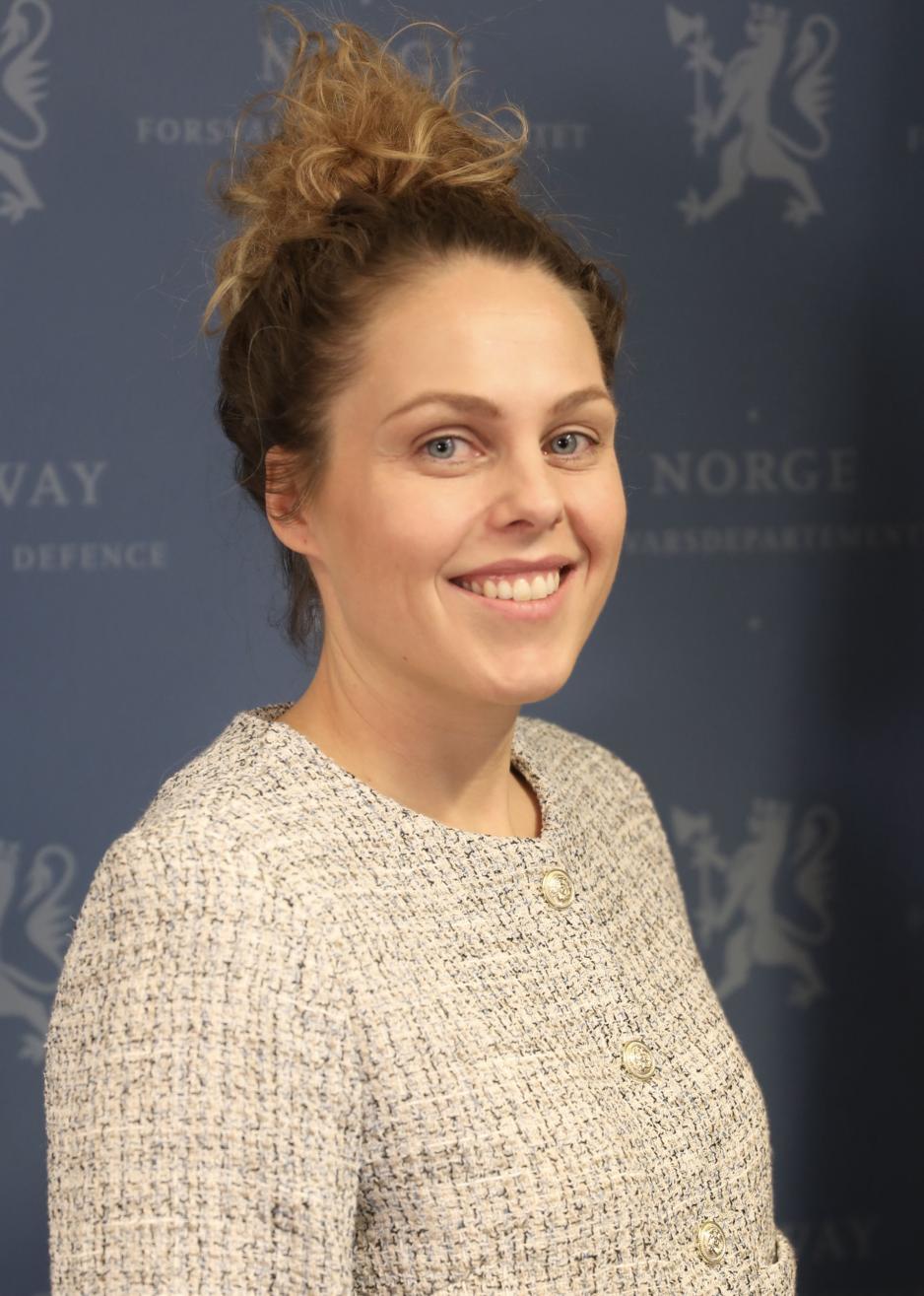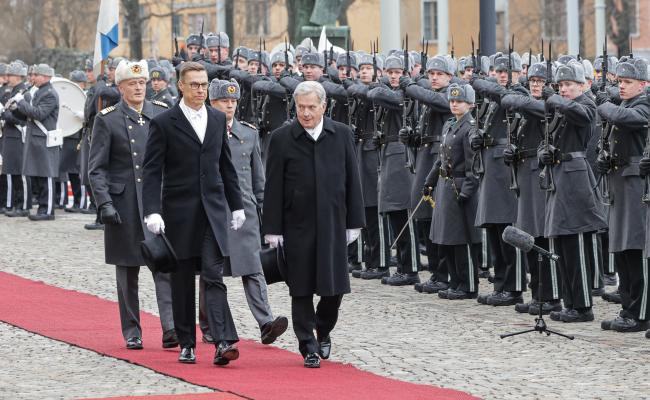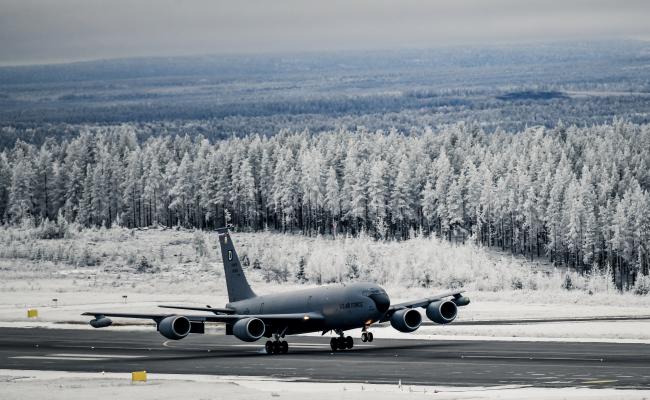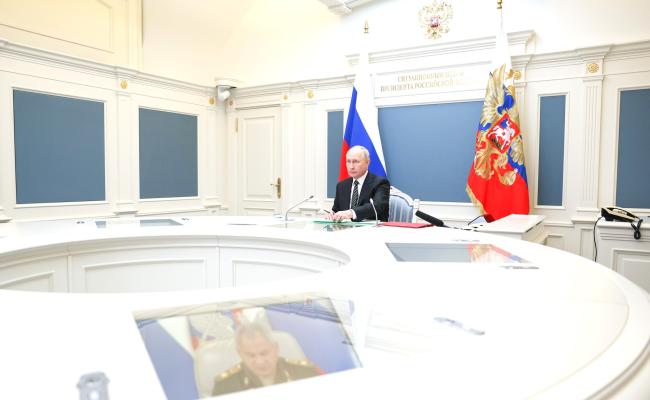The Norwegian MoD Believes the Russian Nuclear Threat to Be Real
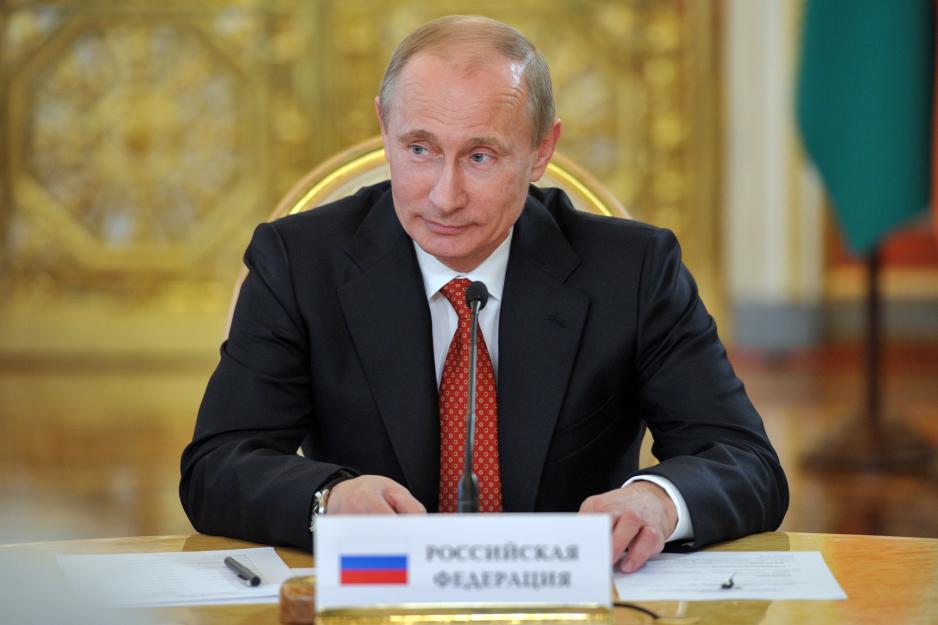
In February, American media reported that Russia is developing a spacebased nuclear weapon which could potentially ruin satellites. (Photo: Kremlin.ru)
The Norwegian Ministry of Defense believes Russia's plans for nuclear weapons in space to be a real threat. "We and our allies must be able to face this type of threat," writes the department's state secretary.
In February, American media reported that Russia was considering placing nuclear weapons in space.
Since then, President Vladimir Putin has advocated that he is "categorically against" placing nuclear weapons in space. During the president's annual speech on the state of the nation, the rumors were dismissed as "fake news."
The UN's Outer Space Treaty, from 1967, is considered the constitution of space and prohibits nuclear weapons in space.
"Although Russia has committed to following this treaty, we know that they dismissed both international law and the international rules-based order when they attacked Ukraine," writes State Secretary Anne Marie Aanerud (Center) in an e-mail to High North News.
According to the New York Times, European allies have been informed about Russia's new nuclear capabilities.
However, Aanerud does not answer whether the ministry was aware of the situational assessment drawn up in American media. The state secretary is still clear that the threat is real.
Aanerud points out that both Russia and China are developing so-called anti-satellite weapons. Such weapons are meant to destroy orbital satellites.
"They are not just a threat to military satellites. They also threaten civil satellites. Russia tested an anti-satellite missile in October 2021, which underlines the reality of the Russian threat. Therefore, we and our allies must be able to face this type of threat.
"Will have major consequences"
If Russia launches nuclear weapons into space, it will create significant problems.
Not only will the enemy's satellites be blocked if Russia sends nuclear weapons to attack satellites in space, but their own satellites will also be affected, the state secretary points out.
"The loss of a large number of satellites will have consequences for several societal functions, such as communication and navigation at a global scale."
"A detonation may also have time-limited consequences on the surface of the heart—not as radiation but as an electromagnetic pulse from the detonation. An electromagnetic pulse can have a negative effect on electronics and digital systems."
We and our allies are concerned with protecting agency, stability, and responsible use of space.
"Has less of an overview"
Tone Bergan, Department Director of Nuclear Safety and Control of Sources, confirms that the Norwegian Radiation and Nuclear Safety Authority was not aware of the threat claimed by American intelligence.
Bergan adds that they wouldn't be notified of mass destruction weapons in space.
"Sadly, there is currently no nuclear cooperation with Russia at all. All nuclear action plans and cooperation have been put on hold due to Russia's invasion of Ukraine. And it will not be resumed anytime soon," says Bergan.
"What consequences will that have?"
"It means we have lost our source of information about what happens in Russia. We must now resort to open sources and information from the outside. We have no contact with Russian authorities. It means we have less of an overview of what is going on."

Tone Bergan, Department Director of Nuclear Safety and Control of Sources at the Norwegian Radiation and Nuclear Safety Authority. (Photo: the Norwegian Radiation and Nuclear Safety Authority)
"Cannot do anything"
The CEO of Andøya Space, Ketil Olsen, believes it is madness to follow the path reported by the New York Times and ABC News.
Nevertheless, Olsen does not believe the threat poses any greater danger to Andøya Space than others.
"Nuclear weapons in space are an enormous threat to humankind, but it is not a specific threat toward Andøya Space as we see it."
Olsen says that Andøya Space has not been in contact with authorities or other space organizations regarding the situation.
"We are very dependent on satellites; most are communication satellites, but there are also observation satellites."
"If the services break, are exposed to an attack, or if other things happen, we can launch new services quickly and directly from Norway since we have the spaceport."

CEO of Andøya Space, Ketil Olsen. (Photo: Andøya Space)
But how the state of Norway wants to use the spaceport is still under discussion, according to Olsen.
"If the threat becomes a reality, Andøya Space will be unable to do anything. Our spaceport is an airport. We are like Avinor. Customers come with a rocket, and other customers with a satellite, and everything is put together before it is launched into space."
Olsen, on the other hand, does not believe that Vladimir Putin will send nuclear weapons into space as the consequences will be enormous, also for Russia. He still believes there are three reasons why Putin is threatening such an action.
"Russia wants to show that it is capable of action. The second reason could be that the threat is simply a trial balloon to see how the West and other participants react. The third possibility is that they do it despite the dangers it poses and possible consequences for themselves."
"The uncertainty Russia creates through being unpredictable makes this game so dangerous."



